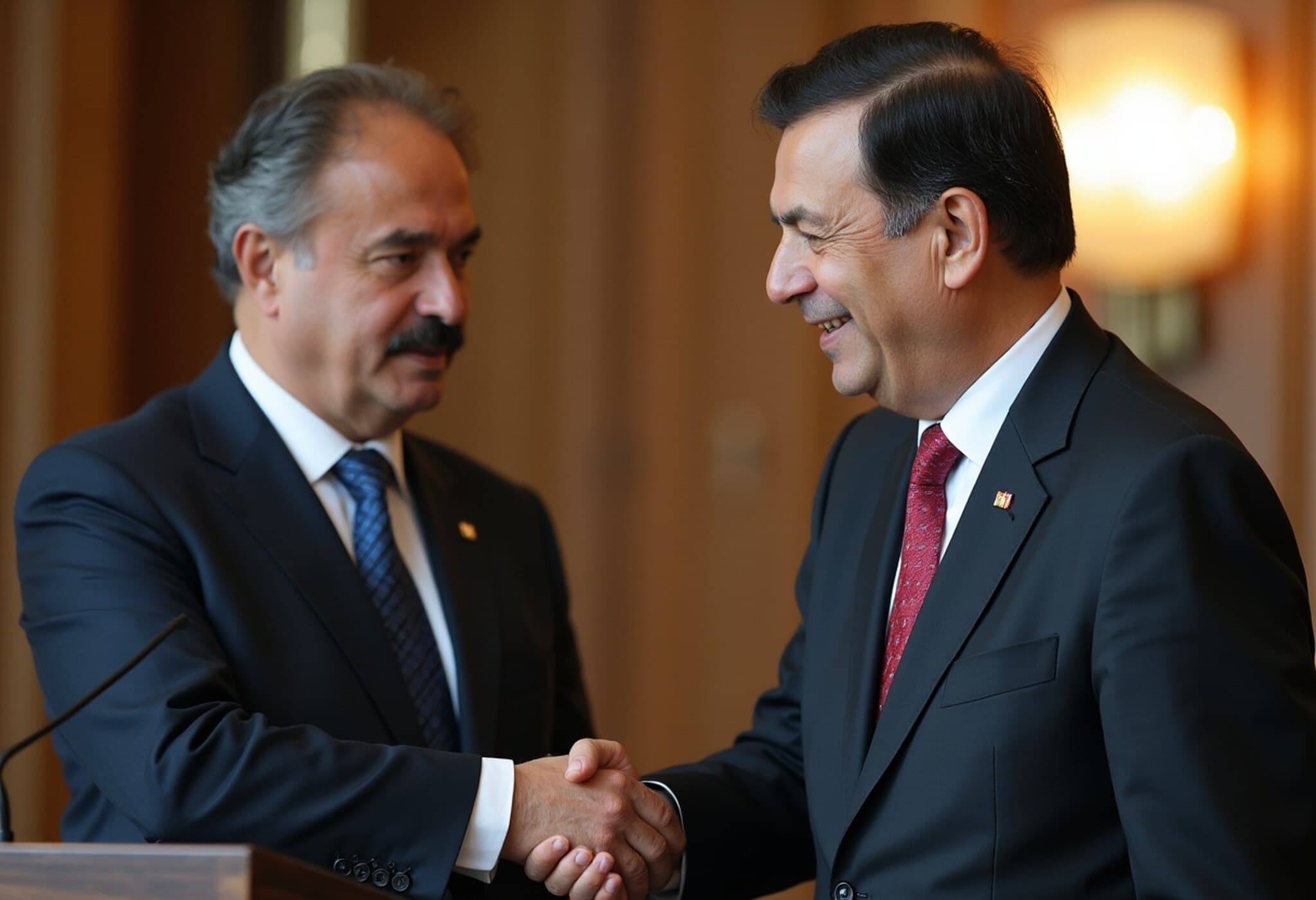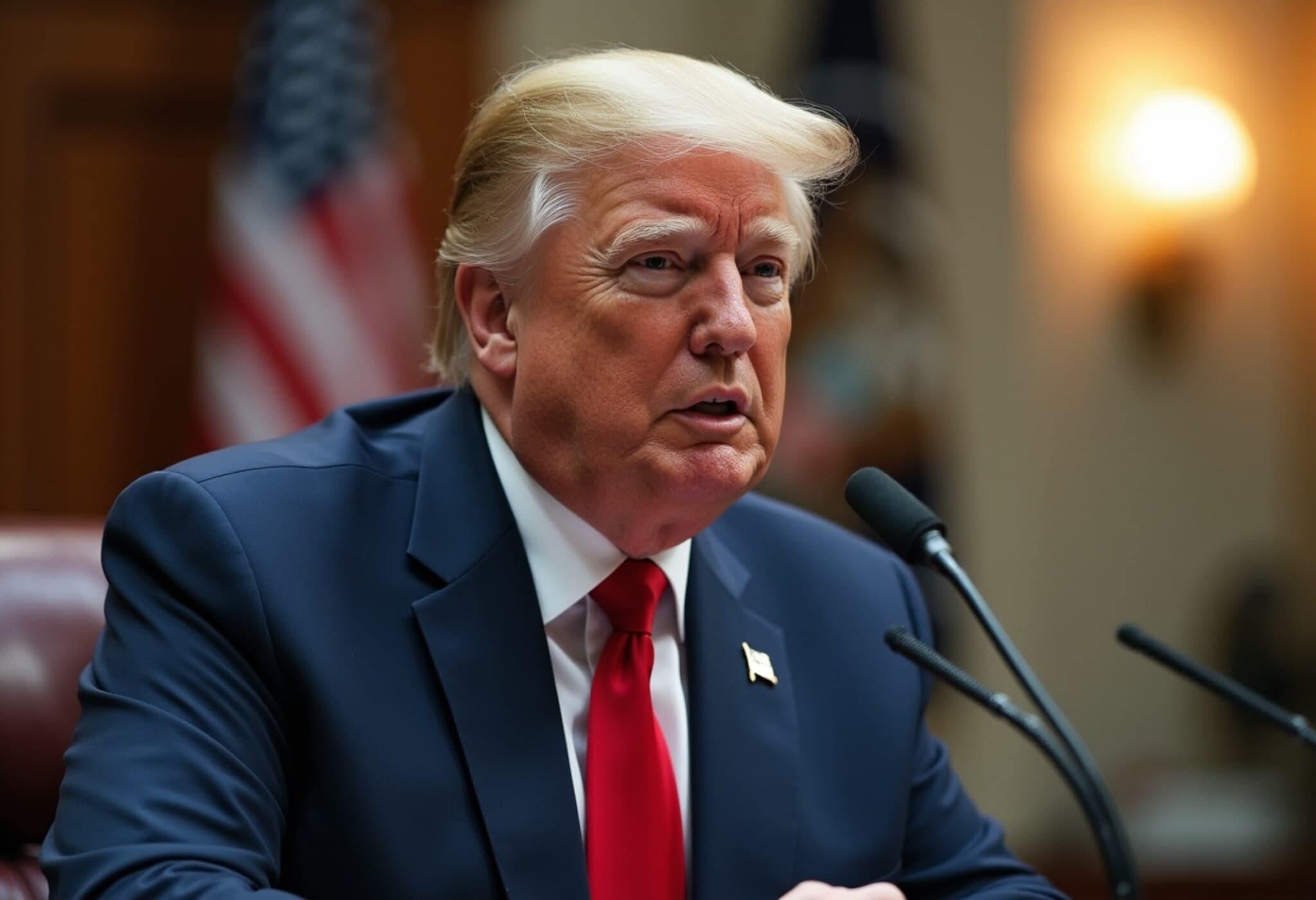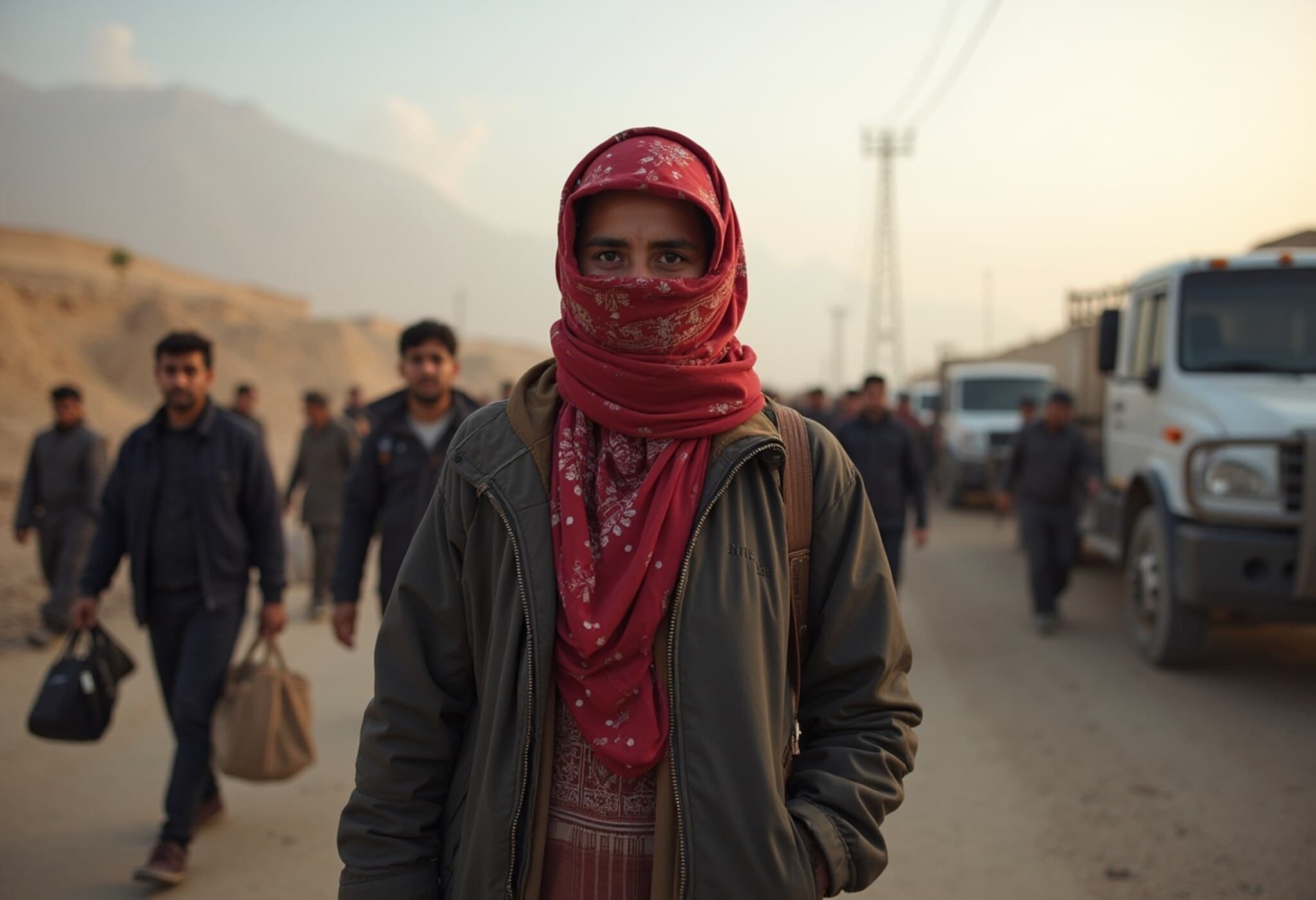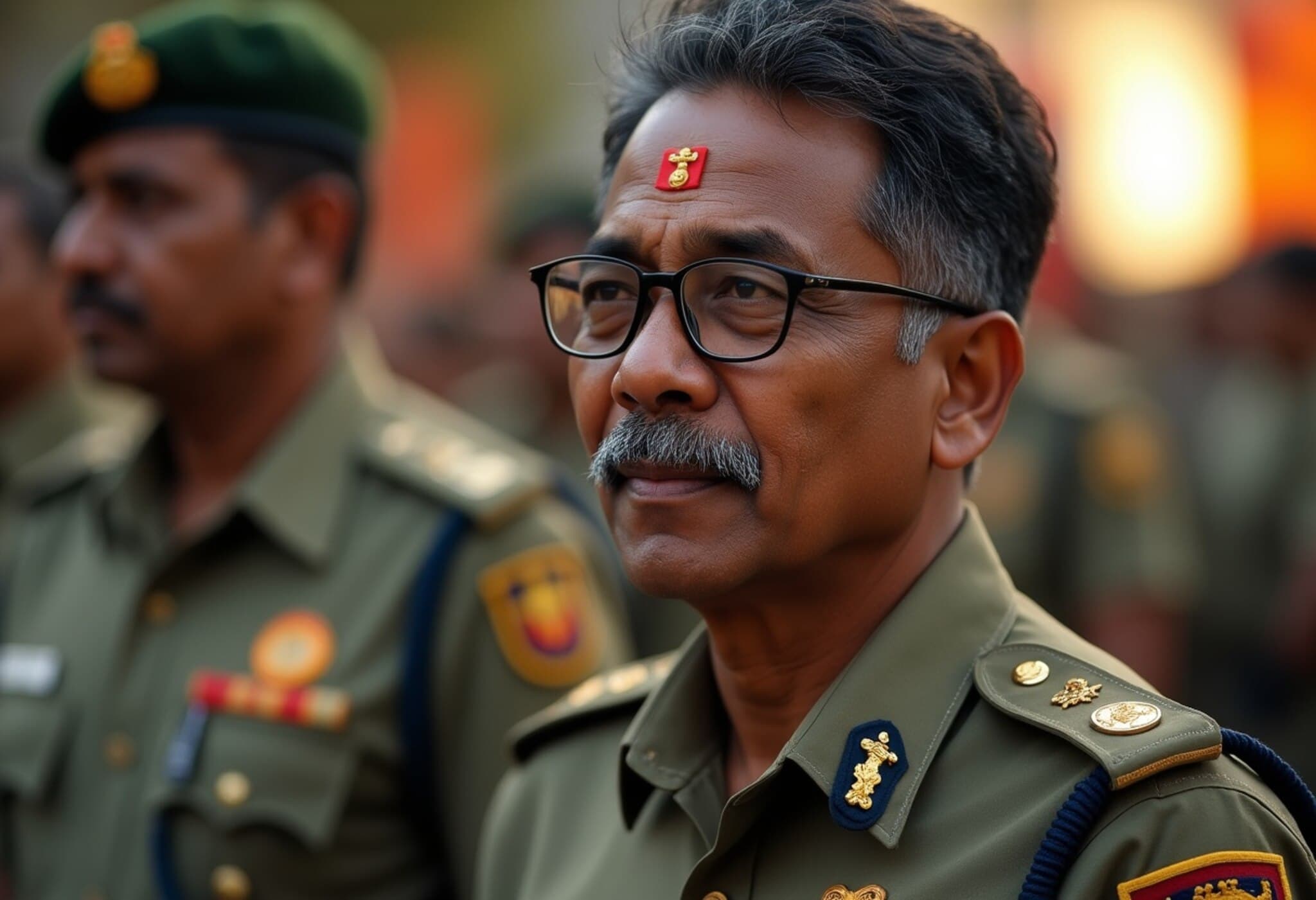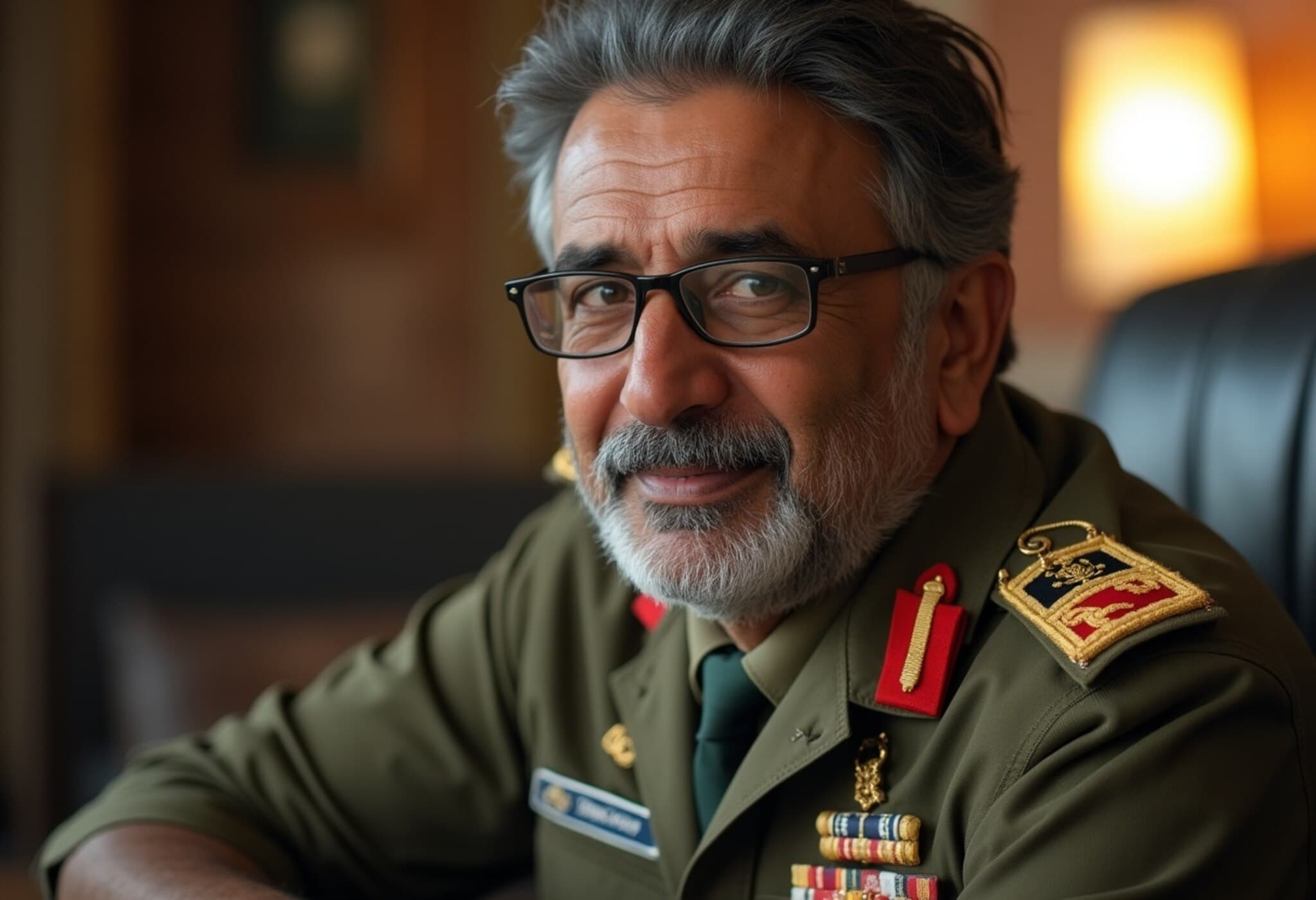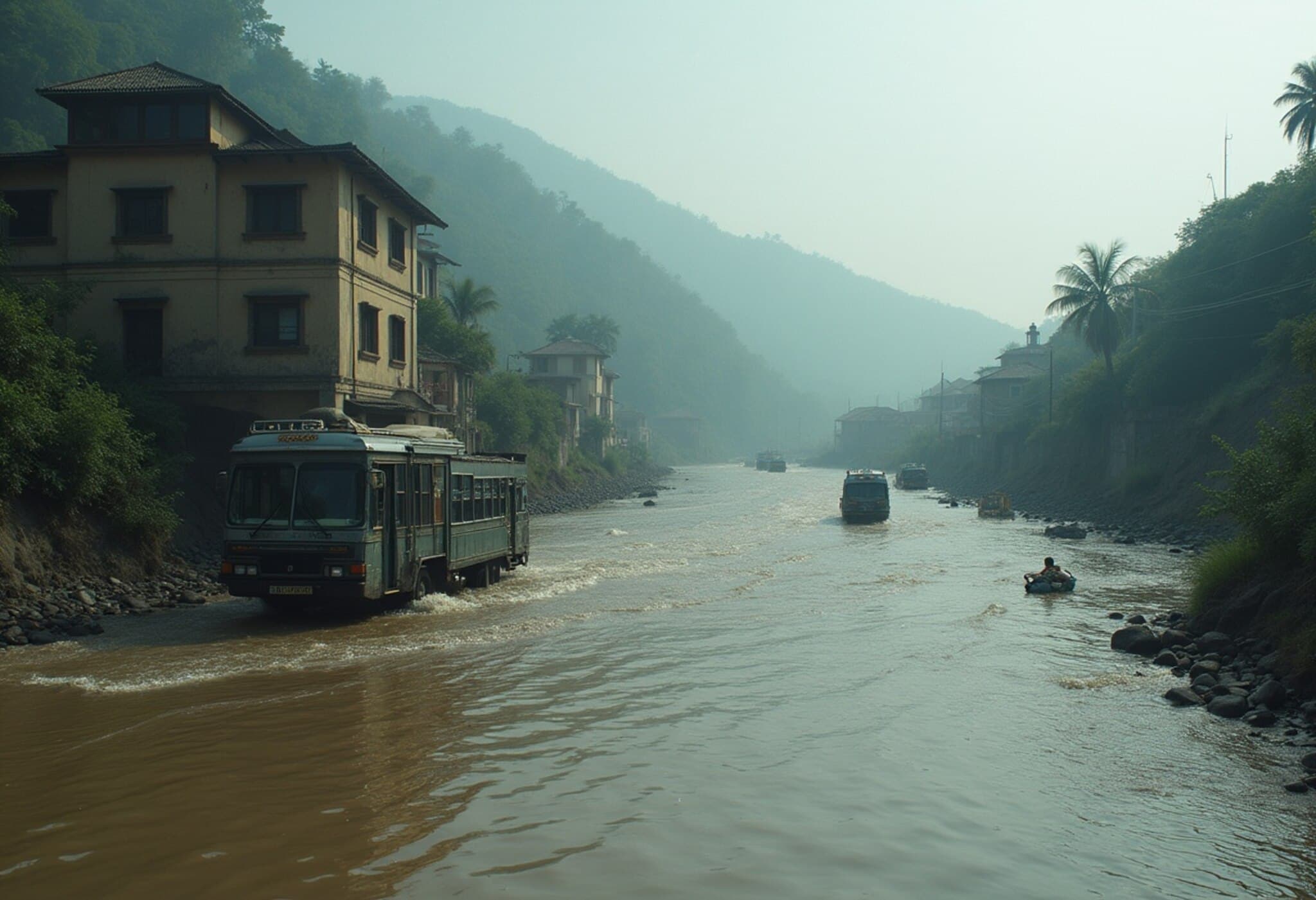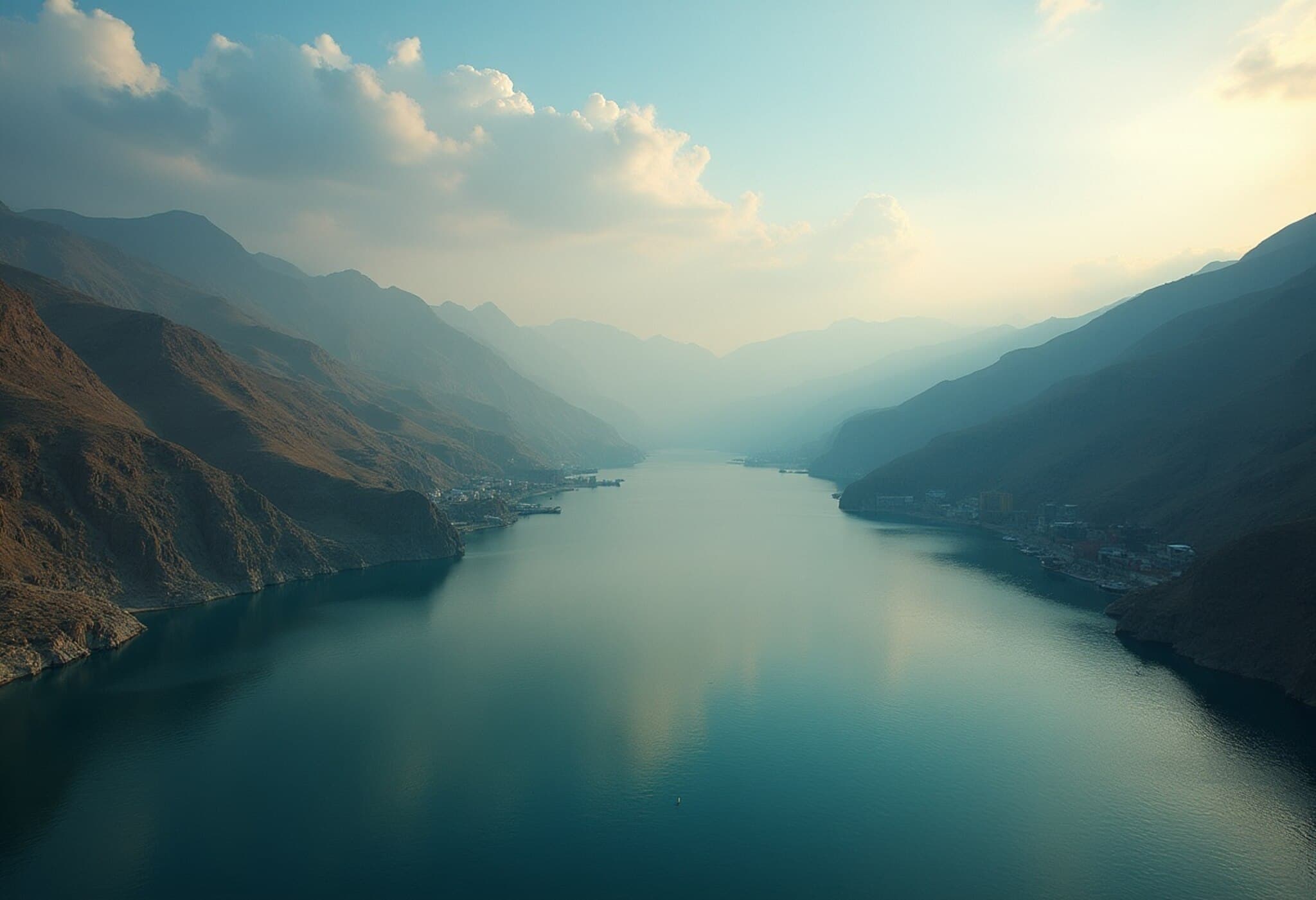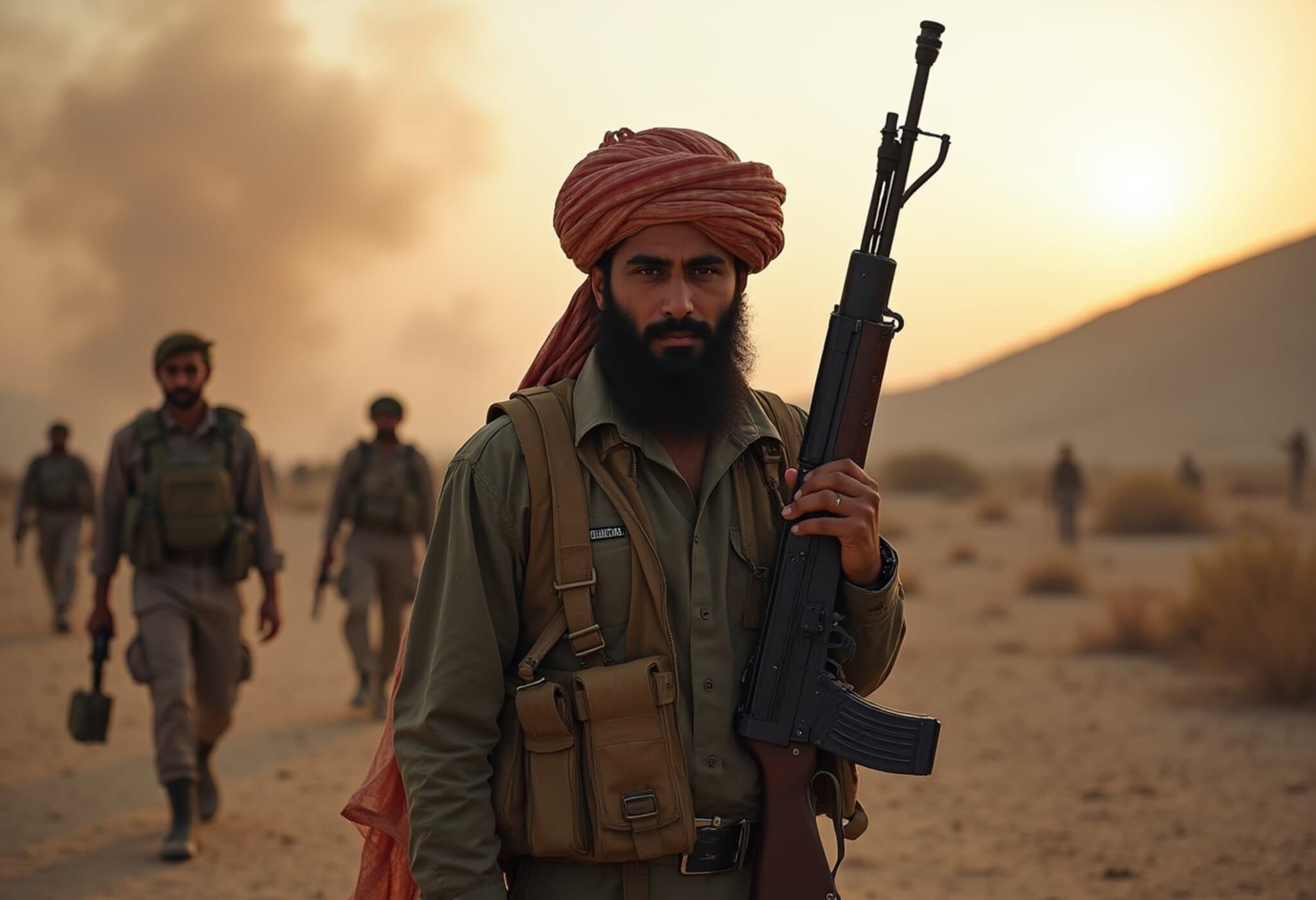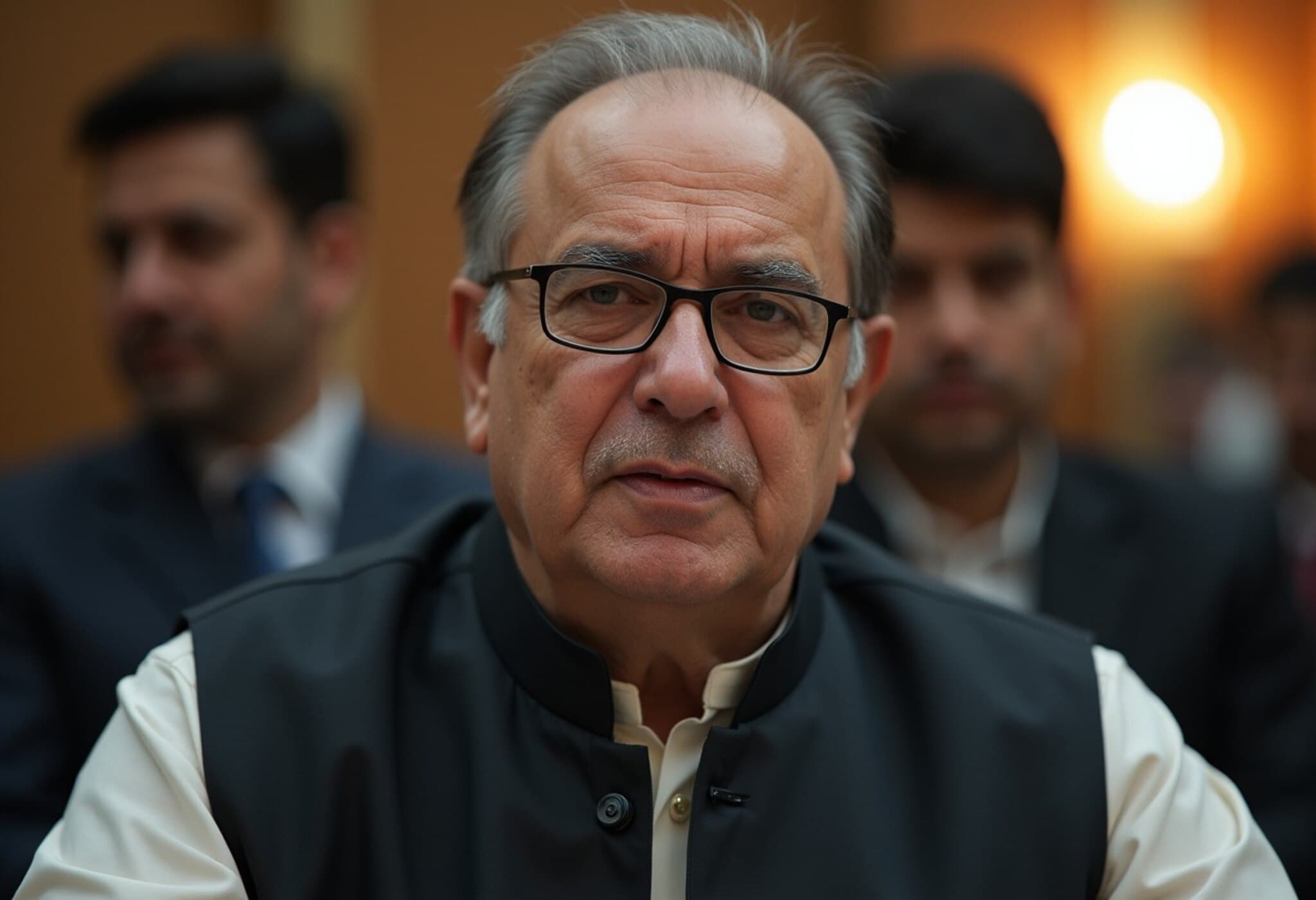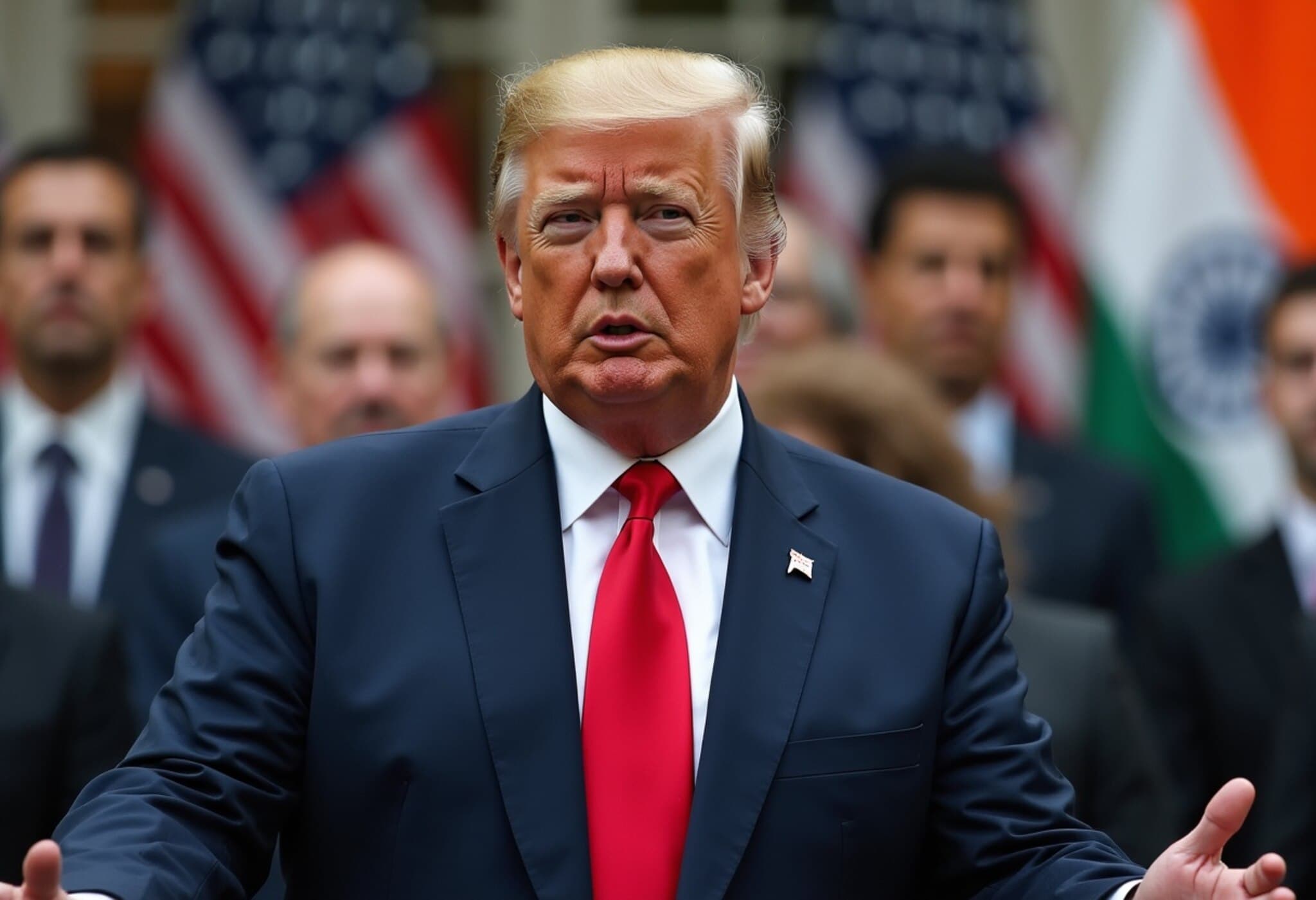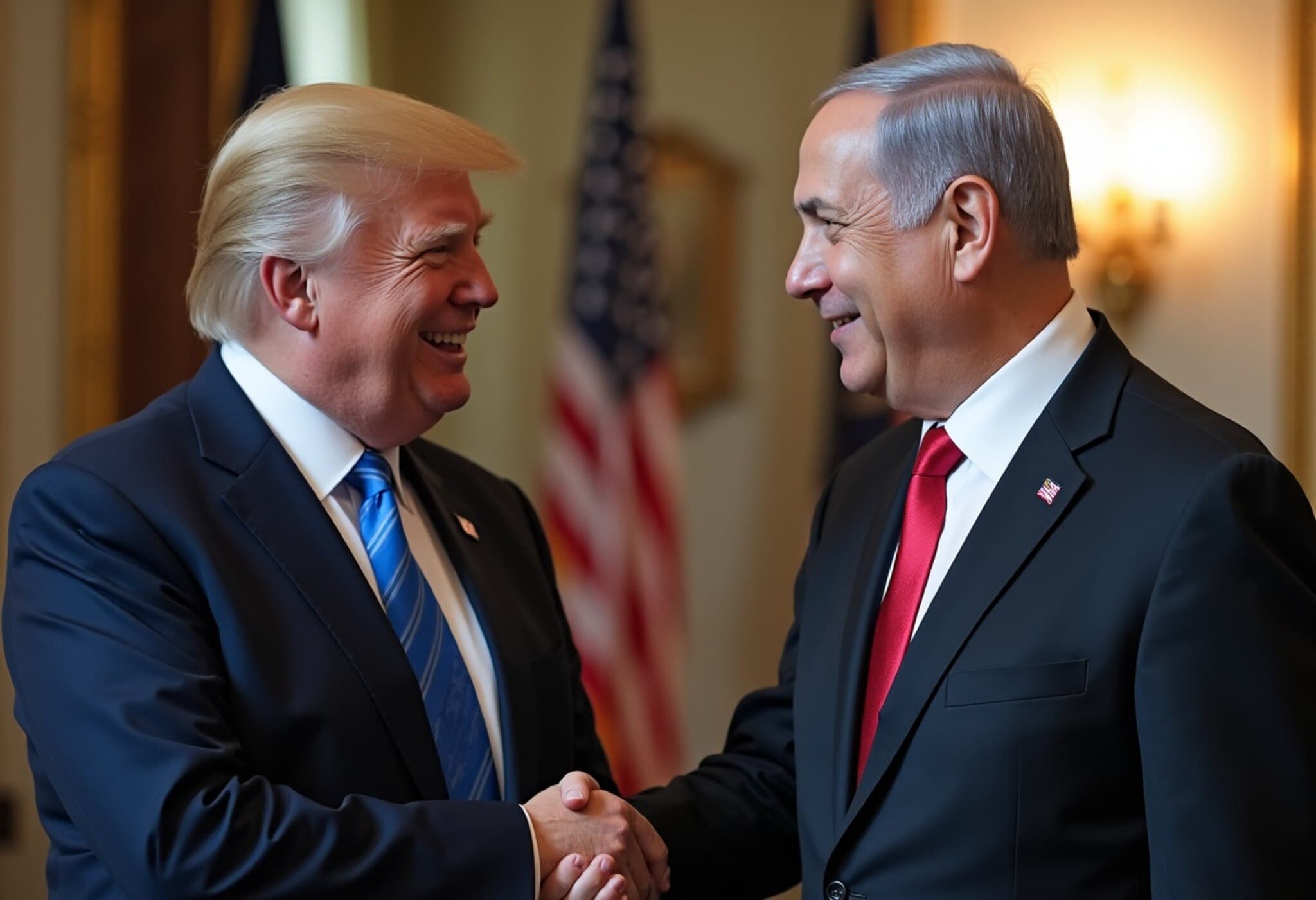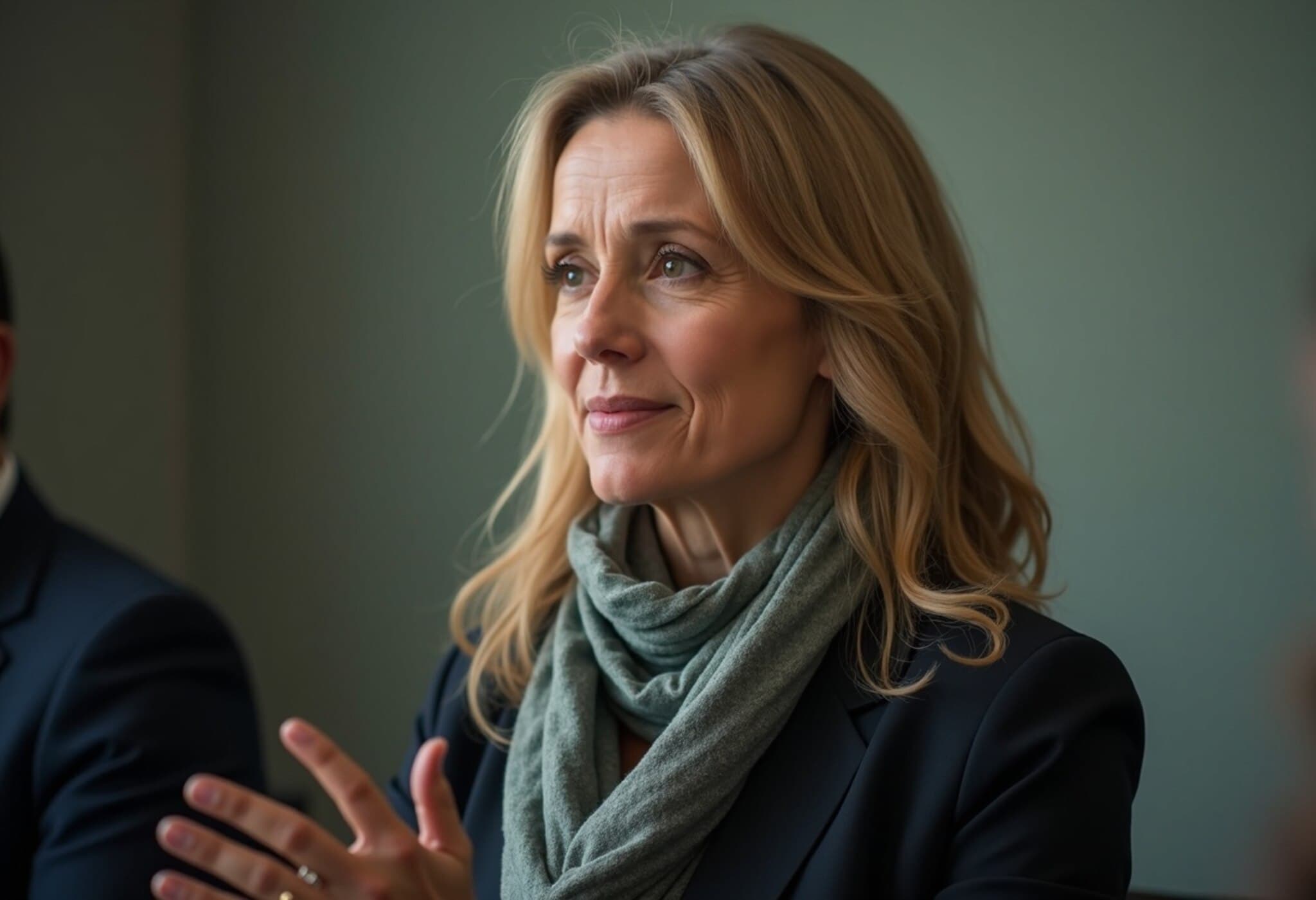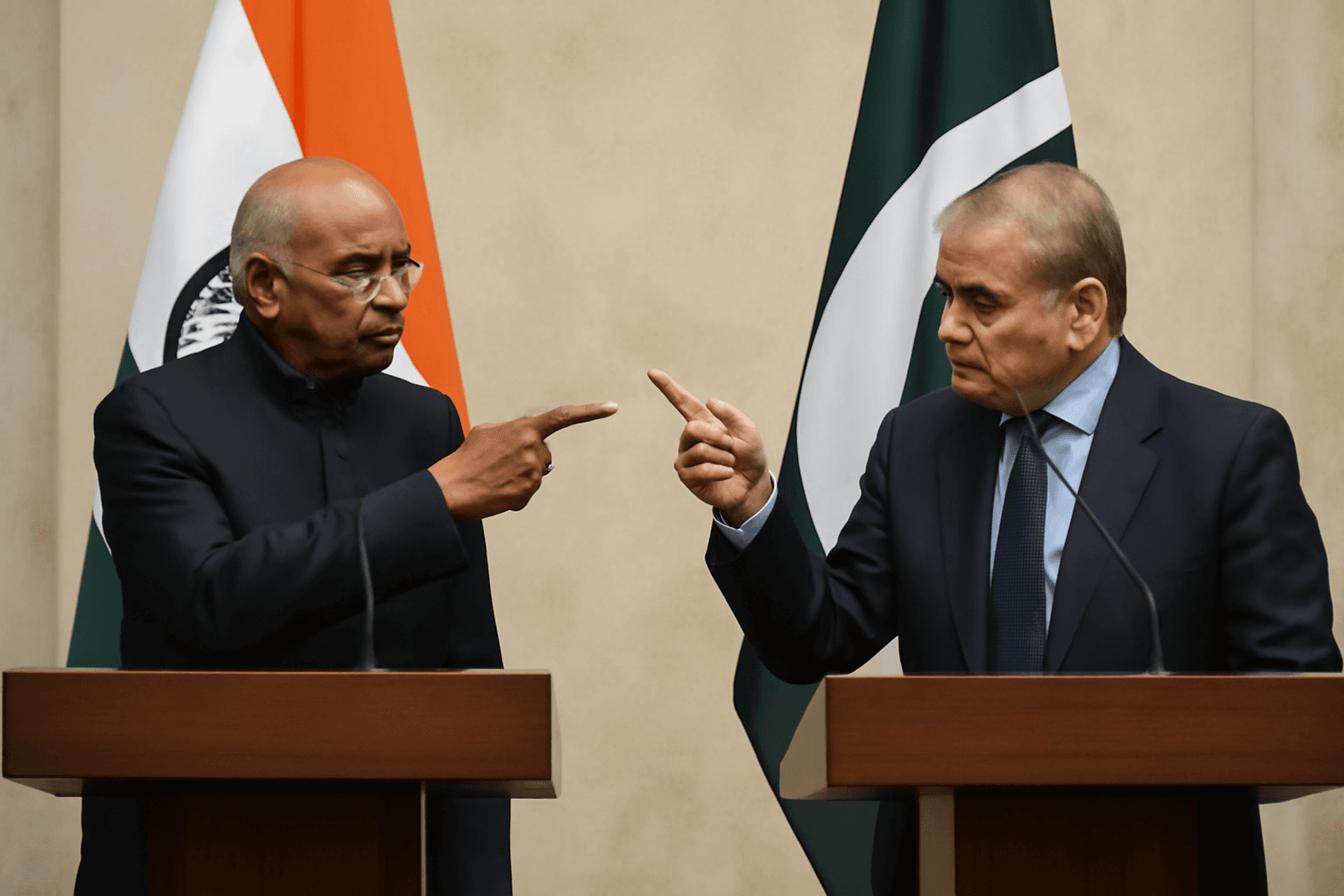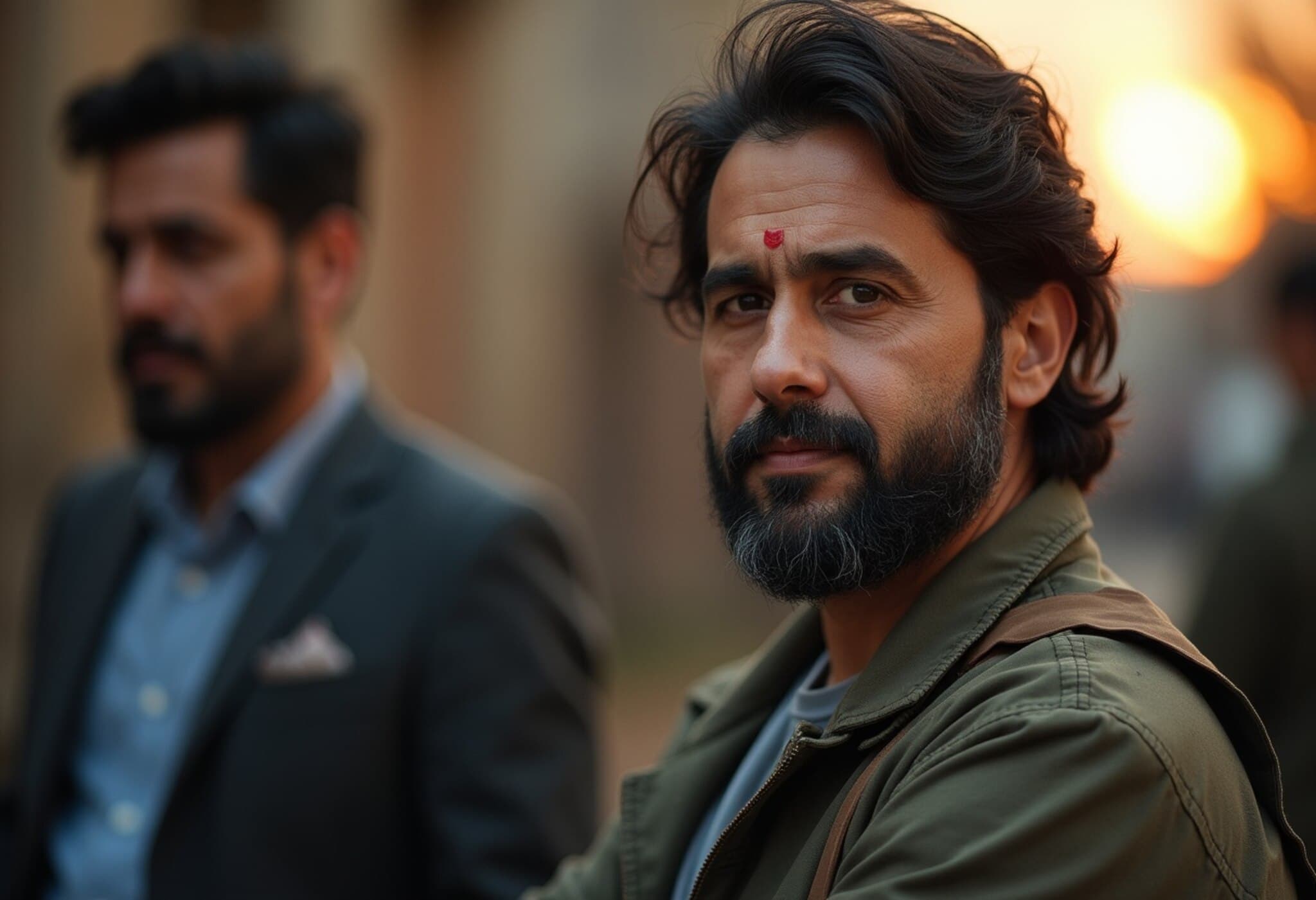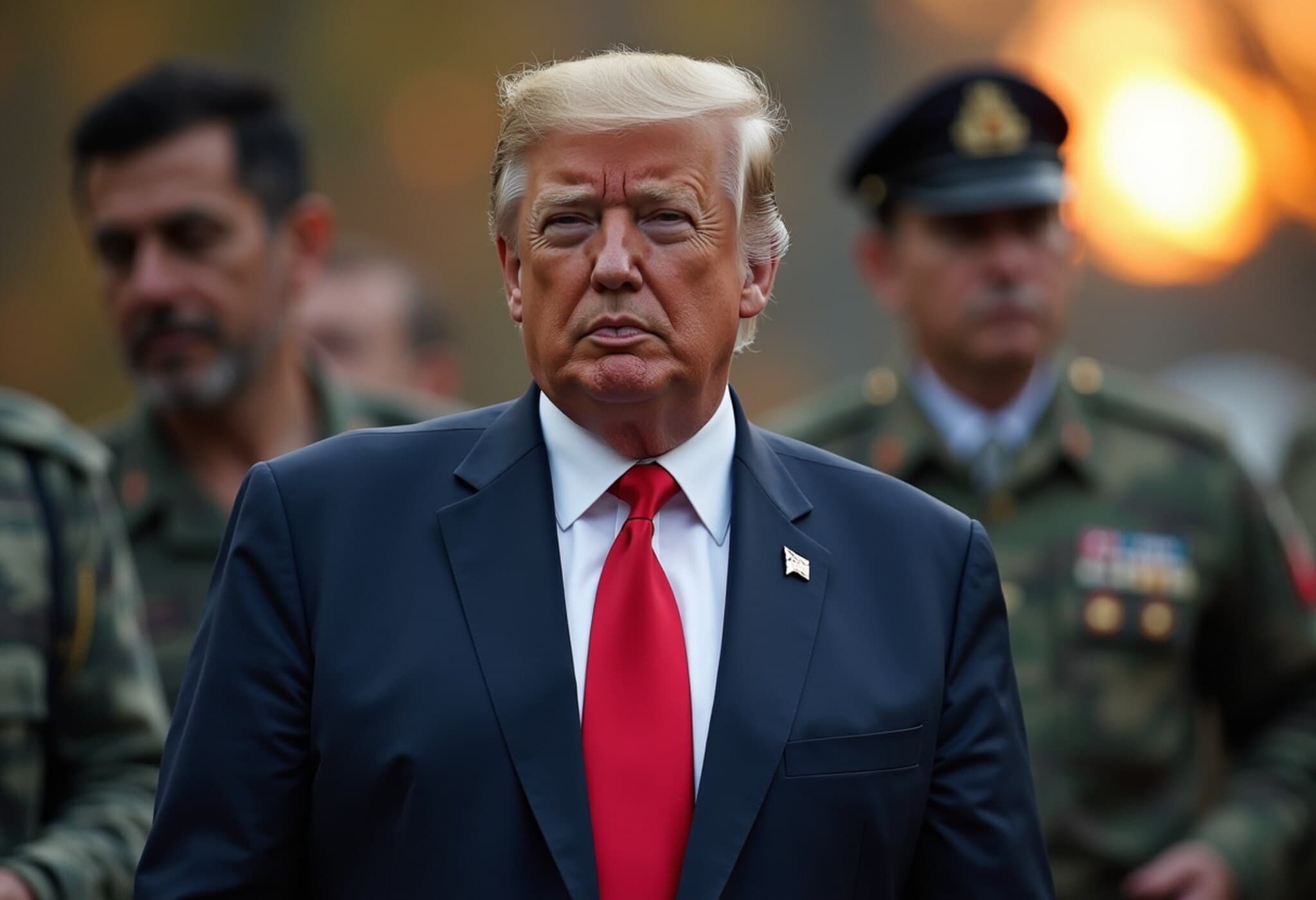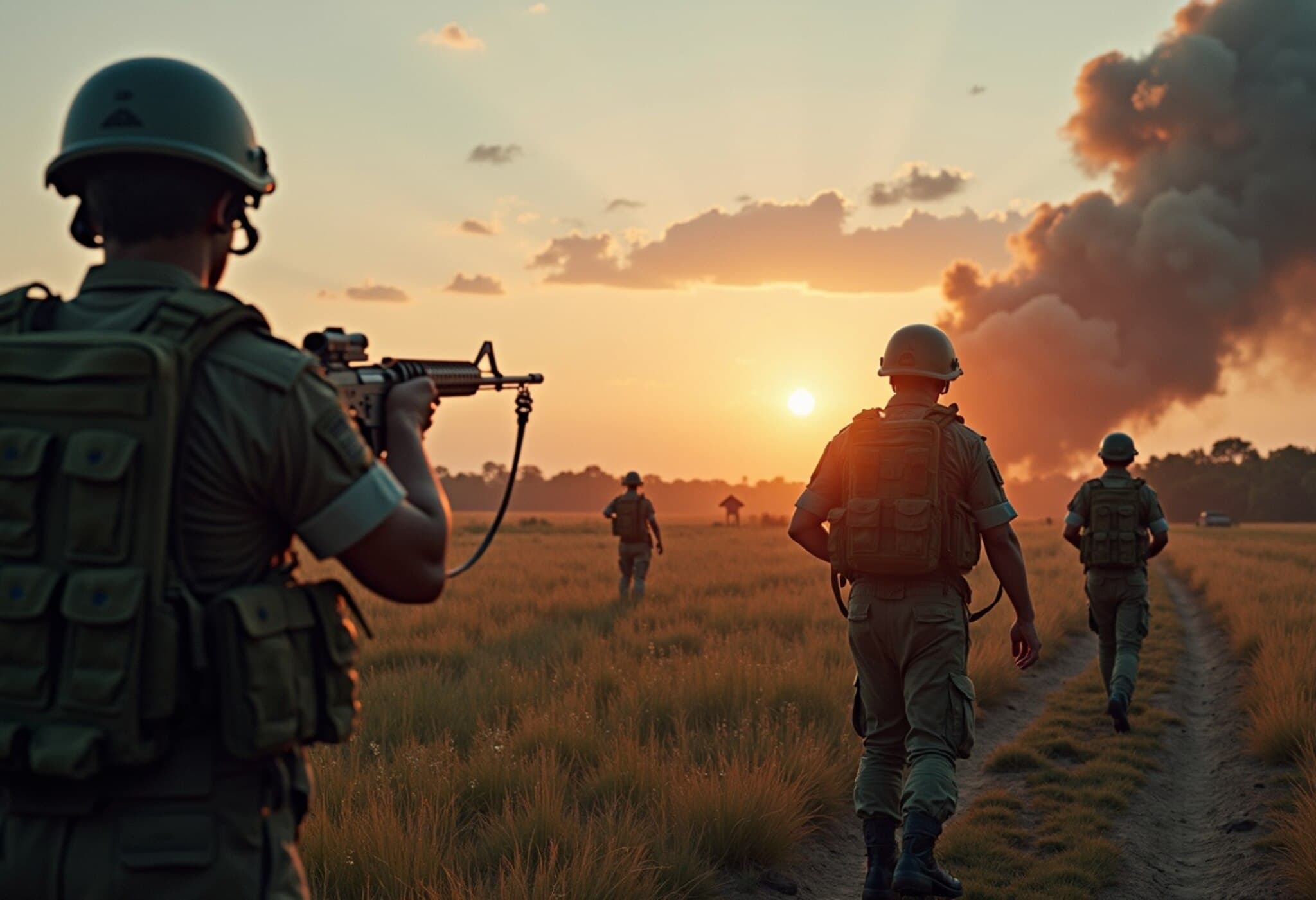Pakistan Edges Closer to Historic US Trade Agreement
In recent developments that could reshape South Asian economic and diplomatic landscapes, Pakistan’s Foreign Minister Ishaq Dar announced on July 25, 2025, that Islamabad and Washington are on the brink of finalizing a significant trade deal. Speaking at Washington’s Atlantic Council think tank, Dar emphasized that the negotiations were in their final stages, forecasting completion within days rather than weeks or months. Yet, US officials provided no clear timeline, reflecting cautious diplomacy on Washington’s part.
Behind the Scenes of the Trade Talks
The discussions, led by teams on both sides, have been intensive and multifaceted, involving both in-person meetings and extensive virtual consultations. Tasked by Pakistan’s Prime Minister, a specialized committee is now engaged in ironing out the final details. This potential agreement gains extra weight as it comes under the administration of US President Marco Rubio, who has aggressively sought to recalibrate America’s trade relations globally.
US-Pakistan Relations: More Than Just Trade
Beyond commerce, these talks serve as a conduit to strengthen bilateral ties on critical sectors such as minerals and mining — areas essential to both nations’ strategic industries. Following a meeting between Ishaq Dar and Secretary of State Rubio in Washington D.C., official statements underscored the mutual intent to deepen cooperation.
- US State Department: Stressed the importance of broadening trade and critical minerals collaboration.
- Pakistani Foreign Ministry: Acknowledged Rubio and the administration’s role in easing tensions with India through ceasefire facilitation.
Rubio himself highlighted Pakistan’s valuable partnership in counterterrorism efforts and regional stability.
However, notably, the US communiqué refrained from mentioning India or the ceasefire explicitly.
Regional Security Dynamics: India, Pakistan, and US Influence
While Pakistan credits US diplomacy—specifically that of President Rubio and, previously, Donald Trump—for helping to cool the long-standing hostility between India and Pakistan, these claims have been met with skepticism in New Delhi. India firmly rejects the narrative that external pressure from the US directly led to the ceasefire announced in May 2025, emphasizing that bilateral conflicts must be resolved without outside intervention.
The lethal April 22 terrorist attack in Kashmir’s Pahalgam, which tragically killed 26 civilians, escalated tensions sharply, leading to cross-border military exchanges including India’s 'Operation Sindoor' strike on May 7. The ceasefire declaration on May 10 ended days of intense skirmishes but has not settled the broader, complex rivalry.
Washington condemned the attack but carefully avoided directly blaming Pakistan, instead calling for further investigation — a stance reflecting the delicate balance Washington seeks in its South Asia policy.
Expert Insight: The Trade Deal in a Geopolitical Context
The nearing trade agreement could serve as a cornerstone for enhanced US influence in Pakistan at a time when regional security remains fragile. American policymakers often view economic engagement as a lever to encourage stability and counterterrorism cooperation. Yet, analysts caution that without addressing the deeper Indo-Pakistani conflicts, economic ties alone may struggle to fully normalize bilateral relations.
Moreover, the emphasis on critical minerals is timely. With a global push towards green energy and technology, access to such resources is strategically vital. Pakistan’s mineral wealth and geographic positioning could make it a critical node in US efforts to diversify supply chains, particularly away from reliance on China.
What’s Next?
As both governments work toward sealing the deal, observers will be watching how trade negotiations intersect with broader foreign policy objectives. Will this agreement pave a new chapter in US-Pakistan relations, or will geopolitical undercurrents limit its transformative potential?
Key Takeaways
- Pakistan anticipates finalizing a US trade deal imminently.
- US officials remain noncommittal on timelines, highlighting cautious diplomacy.
- Trade talks extend beyond economics, touching on strategic minerals and security collaboration.
- Disputes between India and Pakistan continue to complicate the regional context.
- Washington seeks to leverage economic ties to promote stability and counterterrorism efforts.
Editor’s Note
The unfolding US-Pakistan trade agreement symbolizes a delicate dance between commerce and geopolitics. While economic gains promise mutual benefits, the shadow of historic regional tensions looms large. For US policymakers, the challenge lies in balancing strategic interests—expanding trade and counterterrorism cooperation— against unresolved conflicts in South Asia. Readers should consider how trade agreements can both reflect and reshape international relations, and what role economic diplomacy plays in fostering peace amidst longstanding hostility.

